I've created 2 header files. ListA.h and ListN.h
They both make their own use their own unique class List. When I compile my program (even though they have no way of knowing the other exists, it says the following error)
 Im pretty sure it shouldnt be a redefinition, but it obviously is. Any help is appreciated.
Im pretty sure it shouldnt be a redefinition, but it obviously is. Any help is appreciated.
ListA.h
#ifndef __LISTA_H_
#define __LISTA_H_
#include <iostream>
using namespace std;
class List{
public:
List(int = 0);
List(const List&);
~List();
};
#endif
ListN.h
#ifndef __LISTN_H_
#define __LISTN_H_
#include <iostream>
using namespace std;
class List{
public:
List(int = 10);
List(const List&);
~List();
};
#endif
ListA.cpp
#include "ListA.h"
using namespace std;
List::List(int mySize)
{
//...
}
ListN.cpp
#include "ListN.h"
#include <iostream>
using namespace std;
List::List(int size)
{
//...
}
Main
#include <iostream>
#include "ListN.h"
using namespace std;
int main()
{
List myList;
return 0;
}